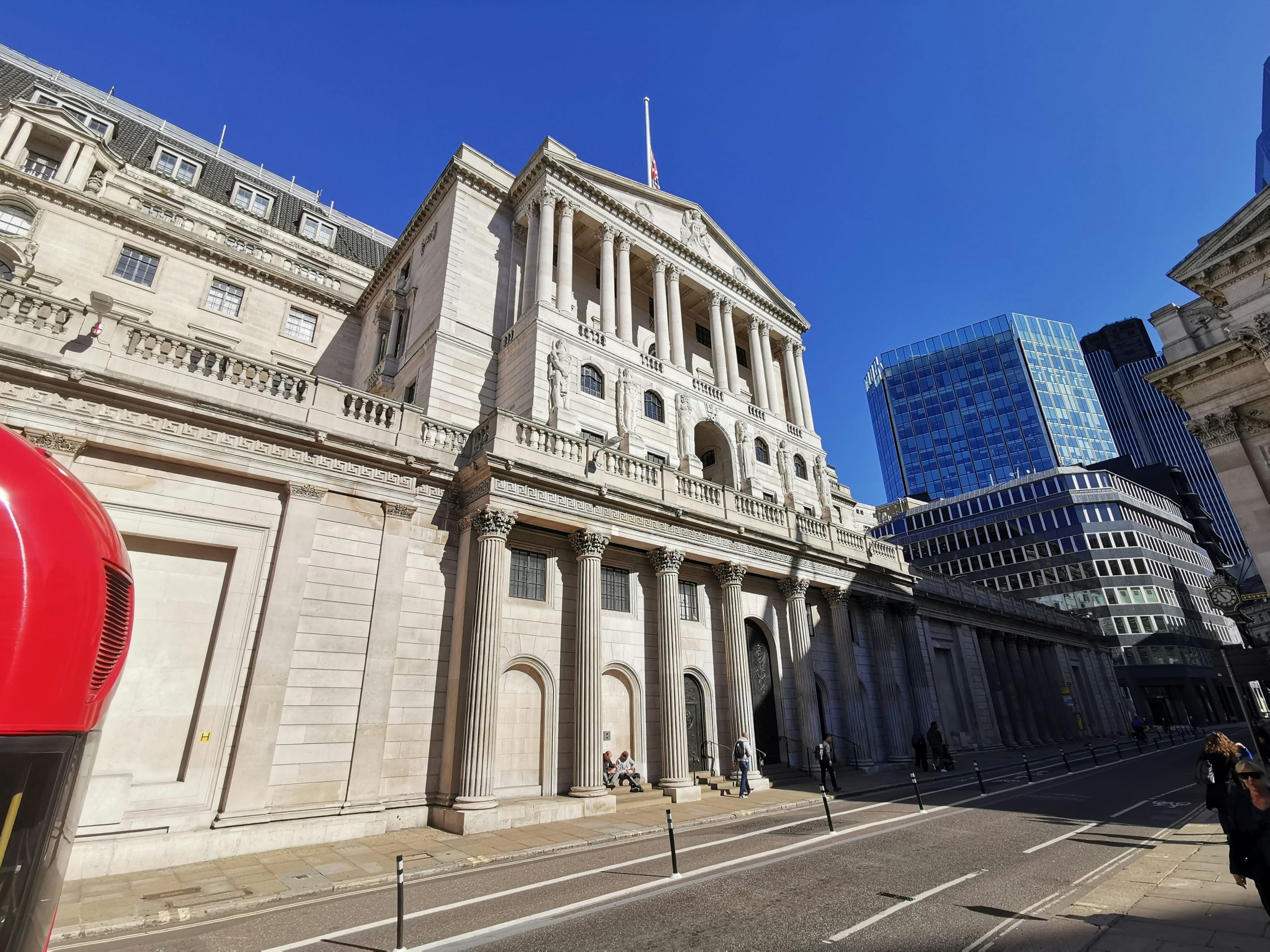
FSCS to £120,000: A Classic Case of Silo Thinking — and Why It Holds Back UK Growth
The Prudential Regulation Authority’s announcement that the FSCS deposit protection limit will rise to £120,000 has been welcomed by banks and deposit-dependent institutions. On its own terms, it looks like a sensible, technocratic adjustment to keep pace with inflation and the consolidation of household finances into fewer, larger accounts.
But for anyone thinking about the future of investment culture in the UK, it’s another example of a familiar problem: policy made in silos, with little regard for the ecosystem-wide consequences. And if we want to shift the supertanker of UK finance from a defensive, savings-first mindset towards growth thinking, this kind of tunnel vision needs to change.
1. A Bigger FSCS = A Bigger Gravity Well Around Cash
Raising the FSCS limit will inevitably pull more household money into bank deposits, already one of the UK’s most dominant asset classes. Britain is not uniquely cash heavy by G7 standards but when it is set alongside property we are an outlier when it comes to our allocation to less productive or unproductive assets.
At a time when policymakers are lamenting the state of the UK stock market, the lack of retail participation, and the need for long-term patient capital, this measure points in the opposite direction. It strengthens the psychological and regulatory preference for cash over investment.
2. Another Policy for Stability, Not for Growth
Deposit protection is important. But every time the policy dial is turned, it happens in a prudential silo: the only metric considered is depositor protection and bank stability. Yet in the round, the UK does not suffer from too little saving — it suffers from too little investment.
We have:
- High savings balances
- Low retail investment in equities and productive assets
- Growing concern about the depth and competitiveness of our capital markets
- A government narrative urging “growth”, but a regulatory system still coded for post-crisis caution
The FSCS decision strengthens the “safety first” framing that already constrains household behaviour. It is not wrong on its own terms — but those terms are far too narrow.
3. Households Hear a Simple Message: ‘Cash = Safe, Everything Else = Risky’
Consumers don’t read the PRA rulebook. They hear the signal. When the state increases protection on one type of financial product and maintains strict risk-warning regimes for others, it widens the perceived gap between what is “normal” and what is “risky”. This stands directly in the way of the government’s own ambitions to build a nation of citizen investors.
If we want people to think in terms of long-term returns, participation, and productive investment, we can’t keep signalling that all roads lead back to cash.
4. We Need Cross-Regulator Policy, Not Single-Regulator Moves
This is exactly where the UK’s siloed architecture shows its age.The PRA optimises for bank safety.
- The FCA optimises for consumer protection.
- Treasury optimises for macro stability and fiscal prudence.
- DSIT talks about innovation.
- DBT talks about growth.
In theory, the Office for Investment should be thinking about the system as a whole, especially for the outcome we say we want: a country where people invest, markets function, and capital flows to productive uses – but we have seen relatively little policy development beyond the endless will-they-wont-they debate about Cash ISAs.
A holistic approach would have asked:
- How does this move affect household investment behaviour?
- What complementary measures are needed to ensure capital flows into productive assets, not just safer deposits?
- How do we balance depositor protection with the need to grow capital markets and diversify household wealth?
- How does this interact with ISA reform, financial promotion rules, the LTAF agenda, and the UK’s “nation of investors” claim?
5. If We Want Growth, We Need a Joined-Up Investment Culture Strategy
The FSCS increase shows how the UK keeps defaulting to post-crisis safety logic, even while talking about growth, innovation, and competitiveness. It is the financial equivalent of pressing the accelerator and the brake at the same time.
A genuinely growth-oriented approach would:
- Balance prudential safety with measures that encourage responsible investment, not only cash accumulation
- Create a shared narrative across regulators about the role of retail capital in
national growth - Support the infrastructure for citizen investment — from local municipal investments to patient capital vehicles
- Recognise that “stability” and “growth” must be held together, not traded off in isolated regulatory decisions
Right now, we are asking the people in charge of the handbrake to try to find the accelerator.
Conclusion: A Chance to Rethink the System
The new FSCS limit is not a bad policy. It’s just incomplete. It solves one problem while quietly deepening another. If the UK is serious about becoming a growth-driven, investment-ready economy, then we need regulators, Treasury, and industry designing policy together — not in silos. Because until we do, the supertanker will keep drifting towards safety, not opportunity.